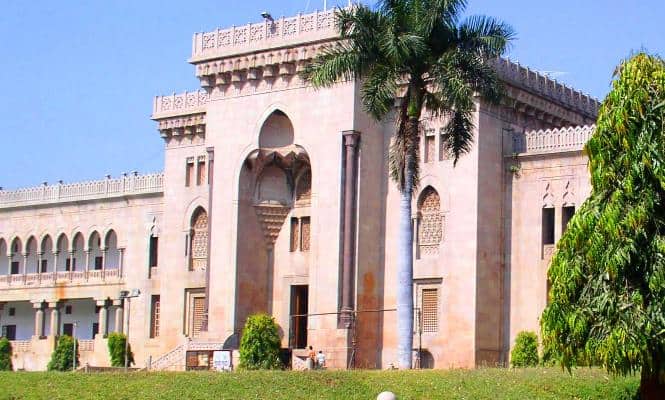The Astronomical Society of India is holding its 36thnational meeting this week in Osmania University, Hyderabad, where 400 astronomers from all across India have assembled to discuss their latest scientific results.
Today the ASI had organised 6 parallel astronomy workshops aimed mainly at college and Ph.D. students who have come for the meeting.
One workshop was on recent results from the 3.6 metre-sized optical telescope in Devasthal in Uttarakhand, run by the Aryabhatta Research Institute of Observational Sciences. “This telescope is the largest in India and was recently declared open to astronomers” said Prof Brijesh Kumar. He said that this workshop was to acquant the students and astronomers of the capabilities of the telescope, and how to use it.
Another workshop was on Deep Learning in Astronomy. “Deep Learning, or Machine Learning is used extensively in pattern and image recognition and even to beat world champions in certain games like ‘Go’”, says Prof Ashish Mahabal.
This workshop was to expose the students to such machine learning techniques that can be used in astronomy. They learnt how to use automated algorithms to classify galaxies and stars, look for strange patterns in telescope data etc.
There will be more than 100 scientific talks and 170 posters presented at this meeting, from scientists based in universities as well as research institutes. Some of these talks will be on their latest discoveries. Some of them will be on results from many new Indian observatories like AstroSat which is a satellite in space, and the upgraded GMRT, a radio telescope near Pune.
This meeting of the ASI is being hosted by Osmania University as a part of their Centenary Year. This meeting is also to honour the setting up of the ASI at the University in 1972. Prof. Vainu Bappu, the famous astronomer from Hyderabad, was the President of the society, Prof U. R. Rao, who later became the Chairperson of ISRO, was the Vice-President, and Prof. Abhyankar from Osmania University was the Secretary. Since then, the ASI has expanded, and now has more than 1000 members, from senior astronomers to college students. The annual meetings are held in a different city every year and is returning to its Hyderabad home after a gap of 11 years.(NSS)

